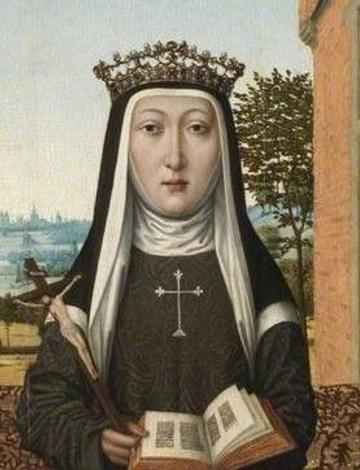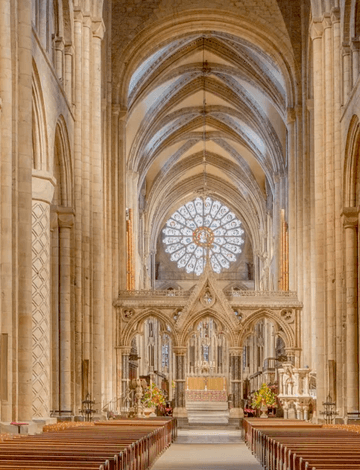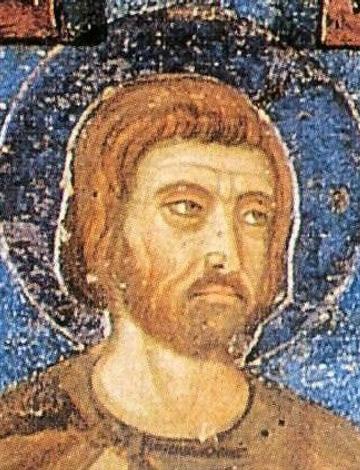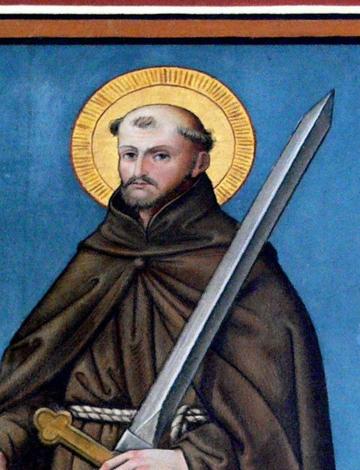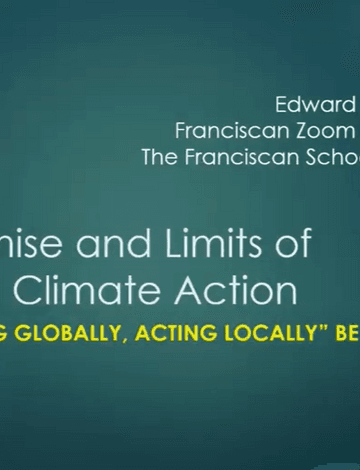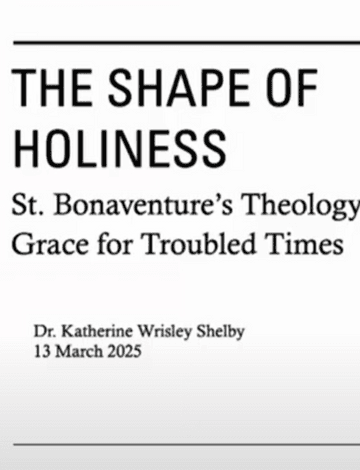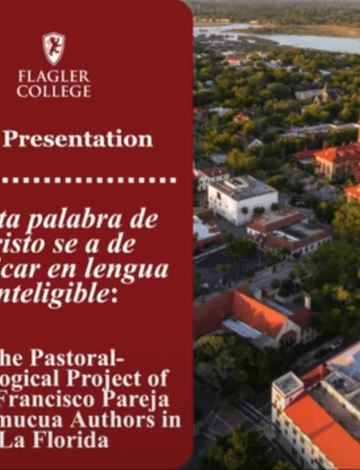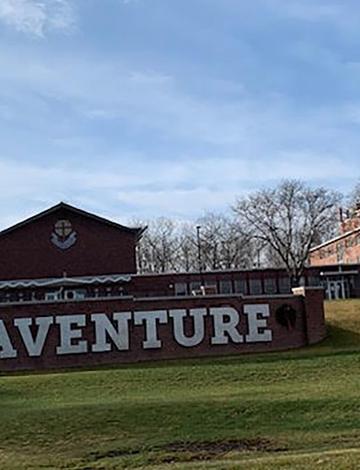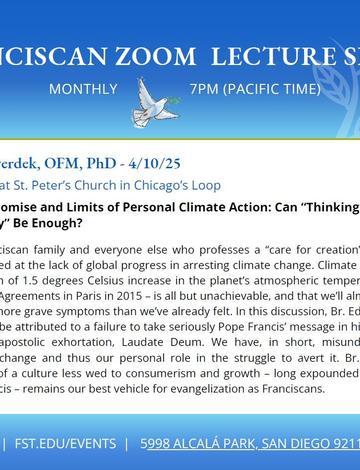
In this presentation, Fr. Johannes Freyer, OFM, will outline the distinct concepts and thought patterns that emerged when the Franciscan form of life interacted with the patristic tradition and the newest scholastic theology.

In this presentation, Fr. Johannes Freyer, OFM, will outline the distinct concepts and thought patterns that emerged when the Franciscan form of life interacted with the patristic tradition and the newest scholastic theology.
On May 9, the Franciscan family celebrates the memory of St. Catherine of Bologna (1413–1463), a Poor Clare celebrated for her devotion and learning.
To mark the 800th anniversary of the death of St. Francis of Assisi, the Centre for Catholic Studies (CCS) at Durham University will hold its third international Franciscan Studies conference, Life and Love Transfigured: Exploring New Horizons in the Franciscan Tradition, from April 14 to April 16, 2026.
On April 28, Franciscans—especially Secular Franciscans and members of the Third Order Regular—honor the memory of Blessed Luchesius of Poggibonsi (c. 1180-1260).
On April 24, the Franciscan family celebrates the memory of St. Fidelis of Sigmaringen (1577-1622), a heroic martyr for the Catholic faith.
"The Promise and Limits of Personal Climate Action: Can 'Thinking Globally, Acting Locally' Be Enough?" by Ed Tverdek, OFM, PhD, is the latest lecture of the Franciscan Zoom Lecture Series, hosted by the Franciscan School of Theology at the University of San Diego.
"The Shape of Holiness: St. Bonaventure's Theology of Grace for Troubled Times" by Katherine Wrisley Shelby, PhD, is the third lecture of the Franciscan Zoom Lecture Series - Winter 2025 Semester, hosted by the Franciscan School of Theology at the University of San Diego.
"La lengua inteligible: The Pastoral-Theological Project of Fray Francisco Pareja and Timucua Authors in La Florida" by Timothy Johnson, PhD, Distinguished Professor of Religion at Flagler College, is the second lecture of the Franciscan Zoom Lecture Series - Winter 2025 Semester, hosted by the Franciscan School of Theology at the University of San Diego.
Interested in deepening your knowledge of the Franciscan Intellectual-Spiritual Tradition? Check out these summer offerings (2025) from the Franciscan Institute of St Bonaventure University.
In this presentation, Fr. Johannes Freyer, OFM, will outline the distinct concepts and thought patterns that emerged when the Franciscan form of life interacted with the patristic tradition and the newest scholastic theology.
In this discussion about the promise and limits of personal climate action, Ed Tverdek, OFM, PhD, suggests that our shortcomings can be attributed to a failure to take seriously Pope Francis’ message in his encyclical Laudato Si’ and his subsequent apostolic exhortation, Laudate Deum – and that the transformative vision of a culture less wed to consumerism and growth – long expounded by “radical ecologists” and now by Pope Francis – remains our best vehicle for evangelization as Franciscans.
